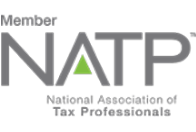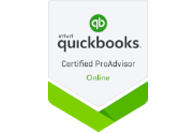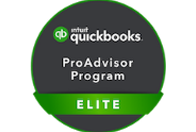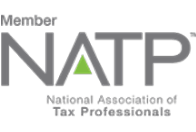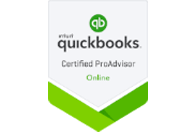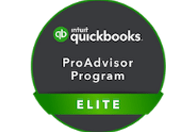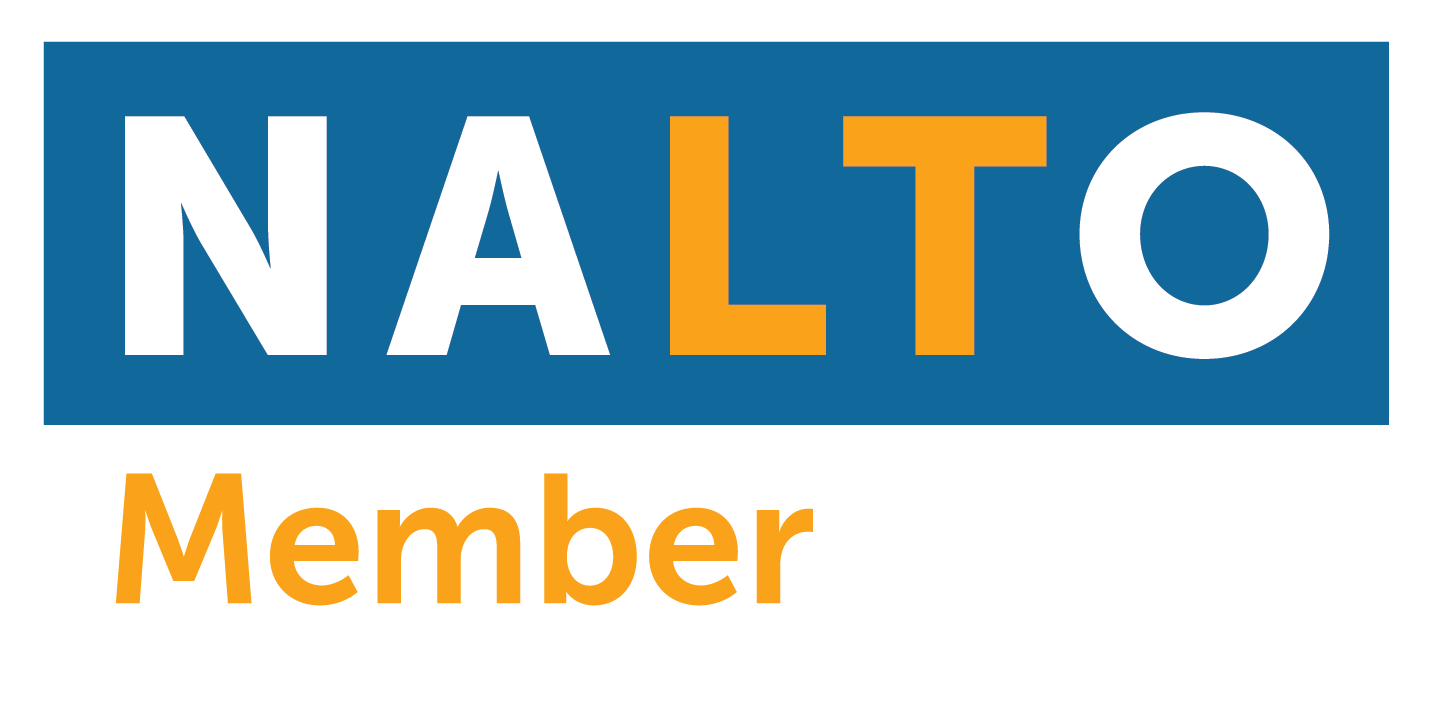Tax can be an intimidating topic to most people because of its complex nature, given the ever-changing tax laws to remember, different rules and methods that are available when figuring taxes, and not to mention the risk of incurring penalties and interest in case of noncompliance or late payments.
This is notably true for those who recently shifted from being a W2 employee to an independent contractor, small business owner, or gig worker since there is a big difference when it comes to paying taxes when you are self-employed.
Unlike W2 employees who have employers withhold their taxes for them, the self-employed and small business owners are solely responsible to figure out and remit their taxes.
Our government designed taxes to be paid when income is earned or received, hence the withholding taxes for the W2 employees and quarterly estimated tax payments for the self-employed and small business owners.
Estimated taxes may sound complicated but they shouldn’t be. With the right team, proper planning, and preparation, you can have a smooth and stress-free tax season every year.
What are Estimated Taxes and When are they Due?
Estimated tax is the government’s way to collect taxes on income that are not subject to withholding tax. It includes self-employment income, rents, dividends, income from side gigs, capital gains, taxable retirement distributions, and other similar income.
The estimated taxes on income earned throughout the year are divided into four periods. The IRS has set the general deadlines for the estimated taxes, but if they fall on weekends or holidays, the due date will be moved to the next business day.
| Period the Income is Earned | Tax Payment Due Date | Actual Due Date for Tax Year 2024 |
| January 1 to March 31 | April 15 | April 15, 2024 |
| April 1 to May 31 | June 15 | June 17, 2024 |
| June 1 to August 31 | September 15 | September 16, 2024 |
| September 1 to December 31 | January 15 of the following year | January 15, 2025 |
Who are required to make Estimated Tax Payments?
Typically, estimated taxes are paid by people with self-employment income such as independent contractors, locum tenens, gig workers, freelancers, and small business owners. But this does not fully exempt W2 employees from making estimated tax payments if they received other income that are not subject to tax or have insufficient withheld taxes from their wages to cover their tax obligation.
In general, one must pay estimated taxes if they expect to owe at least $1,000 in tax (net of withholding and refundable credits) during the year. Corporations on the other hand are required to make estimated payments if they expect to owe at least $500 upon filing their return.
However, you don’t have to pay estimated taxes if you had zero tax liability from last year. But you must be a U.S. citizen or resident alien and last year’s return should cover a 12-month tax period to qualify.
Underpayment Penalties and Interests
Estimated taxes should be paid in a timely manner. Failure to pay enough taxes on time exposes you to underpayment penalties and interest which the IRS computes based on the amount owed, days it remained unpaid, and the interest rate for the quarter where the taxes should have been paid.
The interest rate also varies depending on the quarter that you missed the payment. Currently, a whopping 8% underpayment penalty awaits those who missed the final quarter deadline of the 2023 tax period.
Tax Tips and Pointers
Review and make sure that your books are always updated. Maintain accurate records of income and expenses to achieve proper tax estimates.
Review your books occasionally to check for errors or misclassifications. Early detection of errors allows for timely corrections and can save you the hassle of being entangled with the busy tax season.
Ensure that all documents such as bank statements, receipts, trackers, and IRS forms are well kept and readily available.
Stay informed. Be aware of changes in tax laws. Knowing the latest tax rules can maximize your tax savings and avoid penalties and interest.
Set aside funds for estimated taxes. No matter how well-kept your books are, it won’t be seamless if you will not set aside funds for your tax obligations.
Being a 1099 worker, it’s easy to forget that taxes will be levied on your earned income and must be paid when due. One can be lost in the idea that the entire profit is theirs and just spend it all.
Furthermore, expect an increased tax estimate whenever you make more profit since Uncle Sam made sure to apply higher tax rates to those who are high income earners.
Remember, it is the taxpayer’s responsibility to pay taxes when due. Set a certain percentage of your profit to avoid getting shocked when the due date for tax payments comes.
Want to learn more?
You may want to consult and work with 1099 Accountant – We offer online bookkeeping, online advisory services and online tax and accounting services. We offer reasonable rates. We only work with independent contractors, freelancers, and one-person business. We work with locum tenens from California to New York City and everywhere in between. Yes, even Hawaii!
Contact us toll-free (855)529-1099 or make an appointment for a free consultation. Contact Us

